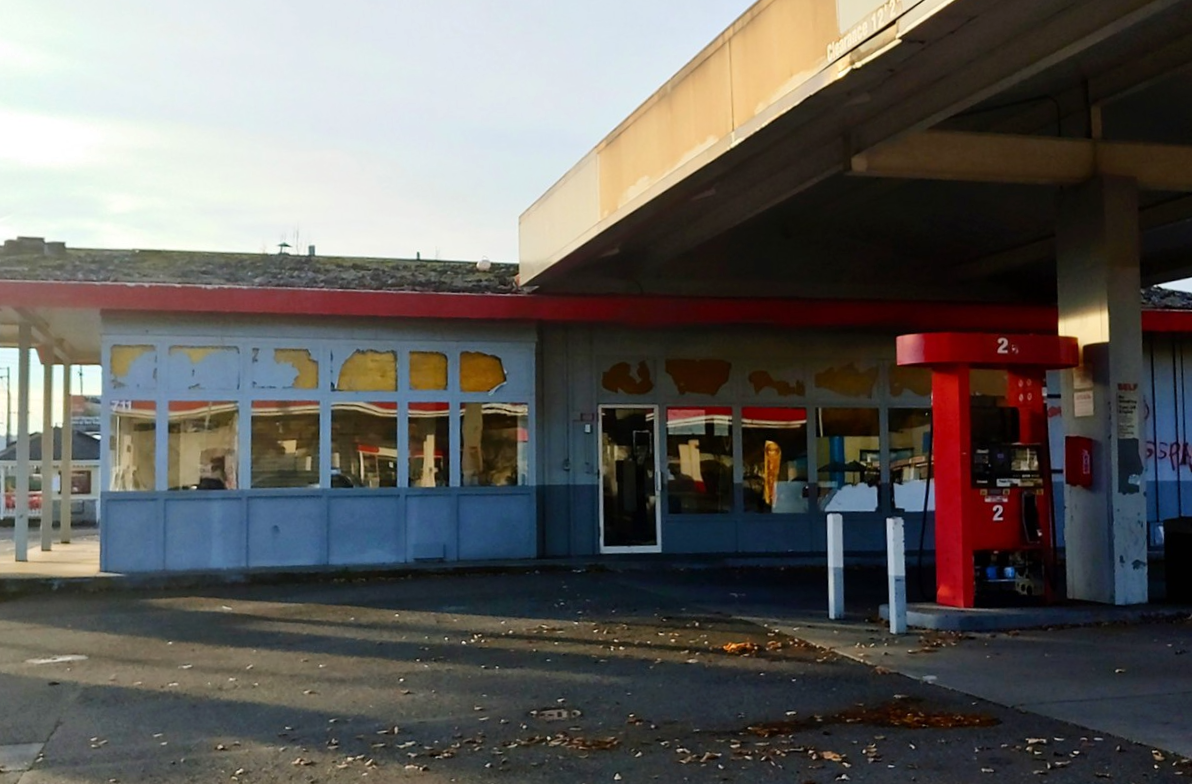On Saturday, June 17, Seattle Times expressed alarm about something that should come as no surprise to anyone with some faith in the work of scientists: "Mount Rainier is melting." But what's far more alarming is this: A city that counts a significant part of its population as educated ("63 percent of city residents age 25 and older had a four-year college degree") has done so little, politically, to address climate change. What is the real difference between us and, say, Little Rock, Arkansas? We can't even make Pike Place Market car-free, we just opened the waterfront to more cars, our bike infrastructure is still in a primitive state, and the degree of car lawlessness the SDOT permits made 2022 "Seattle's deadliest year on the road in over a decade."
True, the climate change happening before the eyes of scientists on Mount Rainier demands global action rather than just local. But the work of cities like Seattle, cities where science is apparently taken seriously, is to form, promote, and instill, by soul/social engineering, an ideology that reflects what's really happening out there: anthropogenic warming on a global scale. But what did we spend a great deal of time doing a few days after Seattle Times reported the "massive amount of ice loss"?
Washington gas prices now highest in US after Democrat-backed carbon taxhttps://t.co/MaSFNVaKnD
— Ari Hoffman (@thehoffather) June 22, 2023
Much of the blame for this nightmare of nightmares (paying lots of money for gas, on top of paying lots for a debt-burdened car, on top of paying lots for insurance, etc.) is directed at a carbon tax Olympia in passed 2021. The Dems promised it would not be that expensive; but, see, they plain lied to us. Gas in Washington is now $2 higher than the national average, higher than even the gas in communist California—all because of those ideologically out-of-control Dems.
On June 21, Seattle Times abandoned the experts on the ice-melting volcano and let its readers know that "some experts" blame the high price of Washington's gas on "new climate legislation." These experts (not scientists, of course) told the city's largest newspaper that "Washington’s price surge is linked to the state’s latest, most ambitious efforts to battle climate change, specifically the new carbon-pricing program launched this year that charges businesses for the greenhouse gasses they emit." This program, which is, to be honest, not all that (Governor Jay Inslee has always been nothing more than a mediocre environmentalist), added an ox-stunning 50 cents to every gallon. So, if you try to punish oil companies, they will punish you at the pump. Learn this lesson as you lick your wounds, Washington State. (Only at the end of the article is it revealed that "Oil companies made $200 billion in profit in 2022...")
But is that even the right response to this situation? To point out that oil companies are making obscene profits and also run, as Senator Joe Nguyen explained in a recent tweet, a monopoly on the expensive extraction, refinement, and distribution of fossil fuels?
Frustrated by gas prices in WA State?
— Senator Joe Nguyen (@meetjoenguyen) June 22, 2023
Recent maintenance costs for the 266 mile oil pipeline through Washington has driven up fuel costs.
It is incredibly expensive to extract, refine and maintain fossil fuels - especially when ran by literal cartels. https://t.co/1yvuWivbTC
But how can this argument do nothing but fail us on the left? It's still operating within an ideological frame that presents no exit from the consumption of fossil fuels. The issue is instead the price of gas. The right says it's the left that's making it expensive; the left says it's corporate greed. And the right wins this contest every time because it does not really change anything. Gas can be cheap; gas can be costly—either way, car ideology remains intact.
And unlike Brandi Kruse, I have the correct understanding of ideology. It is not something that does not exist in her middle way. Those on the far right: ideological. Those on the far left: ideological. Moms, pops, and cops in Maryville: eyes wide open. But the human animal—probably the most cultural animal in the long history of this planet—has never seen the world directly. Between us and what's out there is one kind of ideology or another. The question is not: ideology or not ideology. Instead it's the relationship an ideology has with reality, how it mediates this relationship.
And so it is. We are all ideological. Indeed, the world we live in is shaped (homes, gas stoves, plastic bags, oil products in food) by our dominant ideology. A massive pickup truck is really real. Global warming is as cultural as an opera or a TV series. If this is the understanding, then the better approach to the ideological debate between cheap and expensive gas prices will be obvious: The left should celebrate high gas prices.
When the right says: "It's so expensive," we should say right back: "Not at all! It's still too cheap, and it needs to be even more expensive." And we are talking about tripling the price you are complaining about. Make oil black gold again. Are you feeling me? We need to tax/price the pump right out of profitability. The future will have a chance if gas today costs an arm and a leg.

















